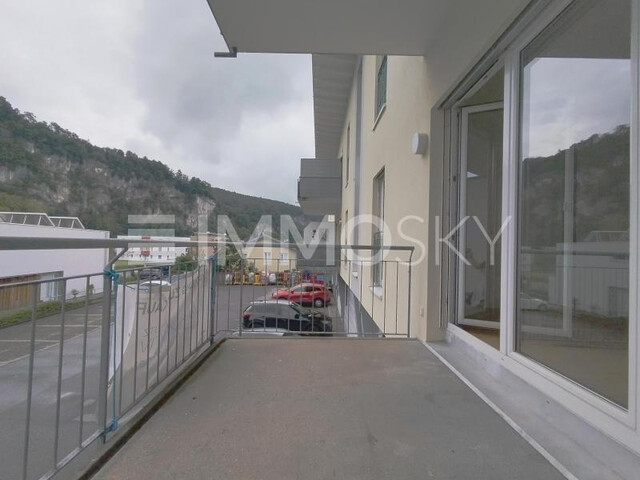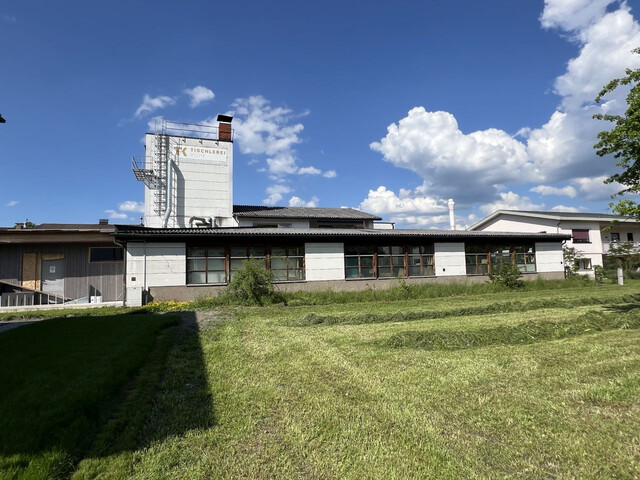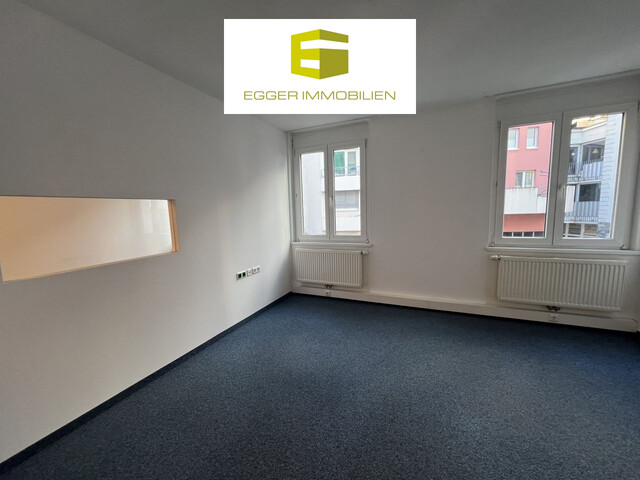Overwhelming Majority Separates Their Waste

Nine out of ten Austrians separate their waste. Their most common motivation is the protection of the climate, nature, and living beings. According to a representative survey by the Market Institute on behalf of the initiative "Austria Collects," 43 percent cited this as the reason for their waste separation activities. However, the results also showed ongoing knowledge gaps and a need for education, especially among younger people. 2,096 people between the ages of 16 and 75 were surveyed.
Why Separate Waste?
Sixty-nine percent cited as a concrete argument for waste separation that it is "very important" to prevent waste from ending up in nature. For 63 percent, the fight against water pollution is an important argument, and for 58 percent, environmental relief. Legal requirements (17 percent) and encouragement from family or friends (nine percent) play a minor role.
Among those who separate waste, certain age differences were evident. On average, 90 percent separate waste, with even 96 percent among those over 50. However, among those aged 16 to 29, it is "only" 76 percent. According to "Austria Collects," the trend is moving in the right direction: 34 percent stated they separate more precisely than a year ago - especially younger respondents (39 percent). A possible background according to the initiative: As of January 1, 2025, the joint collection of lightweight and metal packaging as well as the single-use deposit was introduced nationwide in Austria, accompanied by comprehensive educational campaigns.
Place of Waste Separation
Whether waste is separated apparently also depends on the situation. The survey found that separation most frequently occurs within one's own four walls (84 percent), as well as when out in nature (74 percent). Waste is least often separated when on vacation abroad (49 percent) or at events (52 percent). During vacations in Austria, waste is separated significantly more often (71 percent).
The survey also revealed perceived barriers. Twenty-four percent said that separating waste while on the go is "definitely" difficult because there are often only "normal" trash bins, while another 38 percent felt this was "rather" the case. Despite the high participation rate in waste separation, 27 percent of respondents have doubts about the usefulness of separation and hold on to the myth that "much of the separated waste is later thrown together and burned together anyway." Eleven percent are even convinced this "definitely" happens.
Other myths also persist: Nearly half (48 percent) of respondents believe that packaging must be thoroughly washed before disposal. One-third (33 percent) believe that plastic is necessary for the thermal processing of residual waste to achieve the "right temperature." Andreas Pertl, spokesperson for "Austria Collects," commented on the results: "The protection of our environment is a far more important motivation for the people in Austria for the separate collection of packaging waste than, for example, a sense of duty. This shows that the responsibility for waste separation is carried by the population out of conviction."
(APA/Red)
This article has been automatically translated, read the original article here.
Du hast einen Hinweis für uns? Oder einen Insider-Tipp, was bei dir in der Gegend gerade passiert? Dann melde dich bei uns, damit wir darüber berichten können.
Wir gehen allen Hinweisen nach, die wir erhalten. Und damit wir schon einen Vorgeschmack und einen guten Überblick bekommen, freuen wir uns über Fotos, Videos oder Texte. Einfach das Formular unten ausfüllen und schon landet dein Tipp bei uns in der Redaktion.
Alternativ kannst du uns direkt über WhatsApp kontaktieren: Zum WhatsApp Chat
Herzlichen Dank für deine Zusendung.








